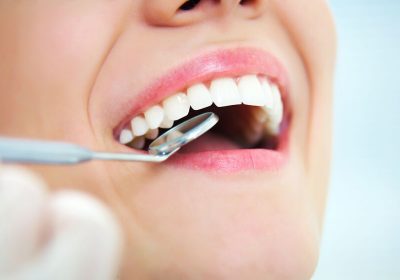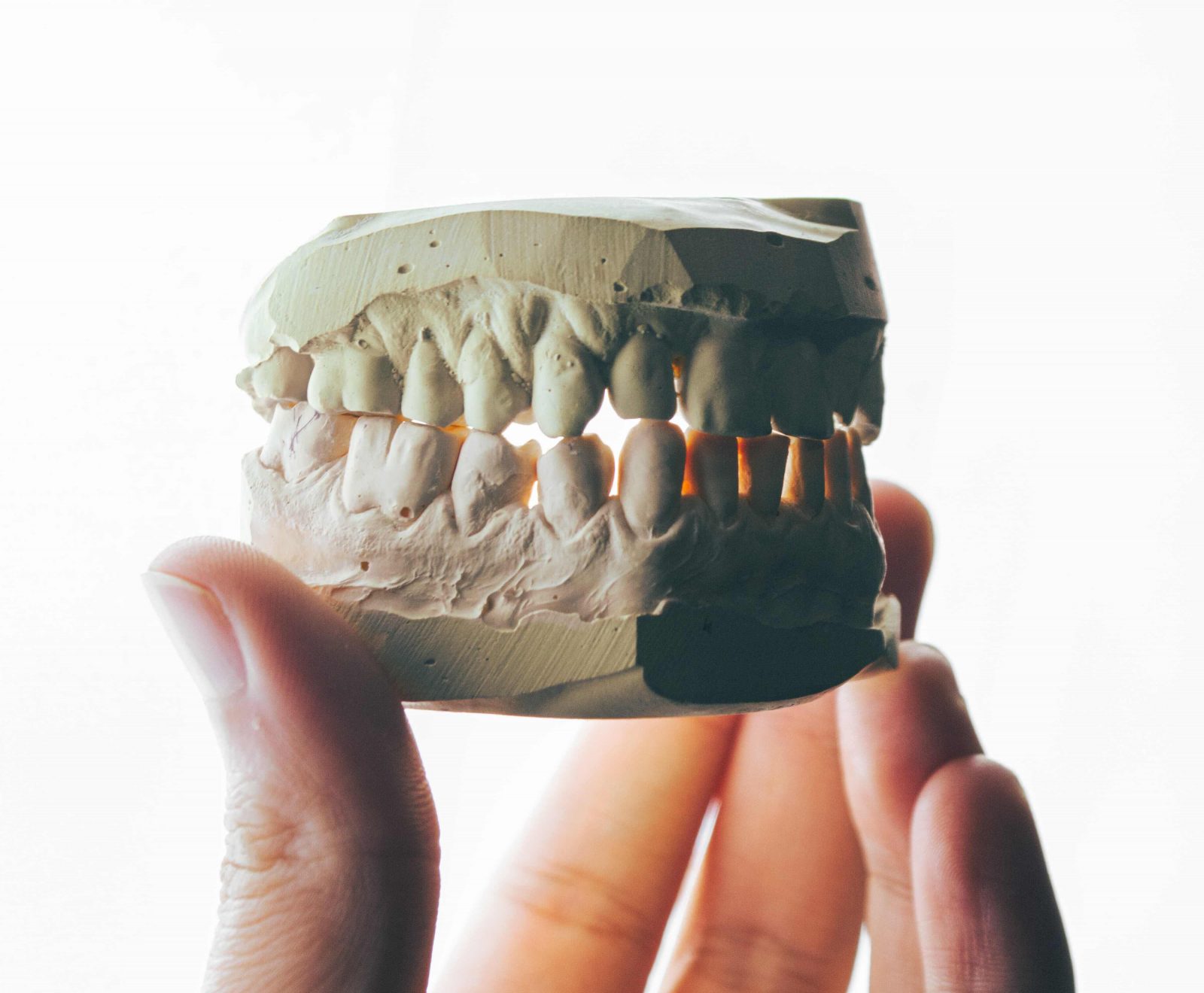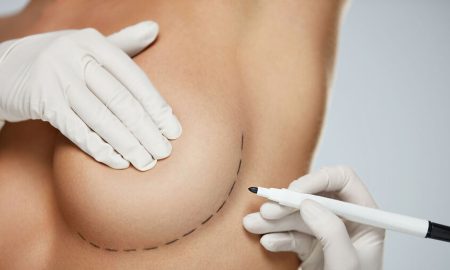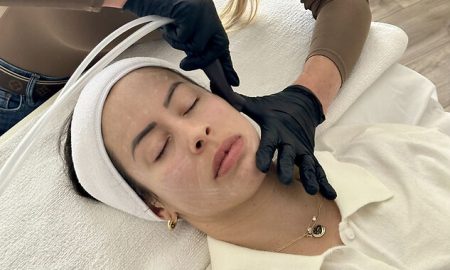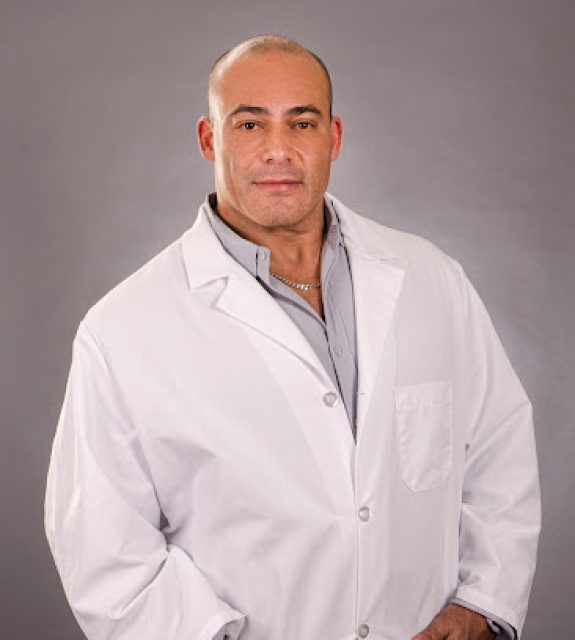Dr. Baruch Tetri is a Doctor of Dental Surgery who provides a uniquely patient-first approach to treatment and planning. His work today reflects nearly two decades of training, education, and successful practice. These combine in truly state-of-the-art treatment and doing more in less time. Haute MD Expert Dr. Tetri explains what is an occlusion in dentistry and how it can be corrected.
 Photo Credit: Amr Taha on Unsplash
Photo Credit: Amr Taha on Unsplash
The Mysteries of Occlusion
The alignment of your teeth as you bite down or chew is known as occlusion. Occlusion problems occur when your upper and lower teeth are not correctly aligned, causing pain and even tooth damage. When left untreated, occlusion can cause significant harm to your teeth and overall health.
What is Occlusion in Dentistry?
Occlusion is how the teeth come together when the lower jaw (mandible) and upper jaw (maxilla) come together. In a functional connection, it is the way the teeth come into contact. An ideal occlusion has correctly positioned teeth in the jaw’s arches and a normal anatomic connection to one another.
On the other hand, an abnormal occlusion would result in an underbite or overbite, where either the upper jaw or lower jaw protrudes. The shape of the head, length and width of the jaw, and location of the teeth influence occlusion. Everything a dentist does that involves teeth is based on occlusion.
How to Identify Dental Occlusion
Recognizing why teeth become loose, wear unevenly, break cusps, fracture restorations, or shift position requires a deep understanding of occlusion. Misalignment in your bite can lead to many different dental problems, such as:
- Broken teeth
- Damage to dental restorations, implants, and veneers
- Headaches
- Jaw pain
- Loose teeth
- Neck and shoulder pain
- Pain behind the eyes
- Receding gums
- Sinus pain
- Tooth sensitivity
As much as 25% of individuals suffer from abnormal dental occlusion, which is why everyone must know how to recognize the symptoms.
Grinding your teeth during sleep, jaw clenching, and sensitivity to heat or cold can be signs of an unbalanced bite. Waking up with a tender or stiff jaw could mean you have been grinding your teeth. Similarly, if you have loose, worn, or flat teeth, this could be another indication of occlusion.
Why Dental Occlusion is Critical to Oral Health
Occlusion is essential in dentistry, preventing individuals from exerting too much stress on any single tooth, causing harm short or long term. Individuals with abnormal occlusion are more likely to break or wear down their teeth earlier.
Similarly, restorative dentistry, including fillings, crowns, or veneers, can break suddenly and unexpectedly. In the worst-case scenario, an individual can develop chronic or acute TMJ or temporomandibular joint disorder. This critical joint connects the skull and jawbone, enabling you to chew properly.
That is why identifying a patient's occlusal risk is just as essential as determining their risk for cavities or periodontal disease. Dentists can perform a quick, straightforward, and non-invasive test to reveal any abnormalities in your bite that would cause oral health problems.
The 6 Types of Occlusions
There are numerous reasons why every individual's dental occlusion is unique. Some causes include childhood habits, jaw alignment, or the way teeth grow. A person's bite might fall into one of six dental occlusion classifications, including:
Underbite
This issue occurs when the lower teeth protrude further than the upper teeth. An underbite occurs when the upper jaw grows slower than the lower jaw.
Overbite
An overbite occurs when the upper jaw protrudes more than the lower jaw. Depending on the degree of the occlusion, the front teeth might cause gum injury.
Crowding
Crowding can occur when a person has more prominent teeth than average or a tiny mouth, and it can lead to teeth overlapping or rotating. Moreover, overcrowding can cause teeth to shift forward or backward.
Crossbite
Another type of dental occlusion is the crossbite that includes anterior and posterior crossbites. An anterior crossbite occurs when your lower teeth are positioned behind your upper teeth. When your upper teeth are positioned behind your lower teeth, this is known as a posterior crossbite.
You should correct a crossbite as soon as possible to avoid serious problems such as jaw growth or a lopsided facial expression. Another consequence can be the erosion of tooth enamel and periodontal problems if left untreated.
Open Bite
The anterior and posterior open bites, like the crossbite, are divided into two kinds. An individual with an anterior open bite has front teeth that close but rear teeth that do not. On the other hand, a posterior open bite occurs when the rear teeth shut but not the front teeth.
Overjet
When your upper teeth are positioned over your lower teeth, this is known as overjet. The overjet is different from an overbite, which has the top teeth projecting much further. An overjet can create significant issues such as chewing, biting, and drinking difficulties. People may also feel jaw discomfort in some situations.
How Your Dentist Checks and Corrects Occlusion
The right dentist can detect occlusion abnormalities that are causing (or could create) problems, in addition to devising the most efficient and successful treatment plan to correct your bite, if required. This process requires digital dentistry tools. Using the latest technology, your dentist can help you avoid serious oral health complications.
Proper alignment has a substantial impact on the anatomy of the head, neck, face, mouth, and all its functions. By enabling dentists to understand the precise relationships between the teeth and the morphological boundary motions of the condyles (teeth in the lateral, anterior, and posterior locations), digital dentistry saves patients time, money, and pain, while improving the aesthetic appearance of the face.
Tetrismile Dental Boutique Can Help
If you want to know more about dental occlusions, visit us at Tetri's smile Dental boutique at 786-320-5445. We look forward to answering your oral health inquiries.






